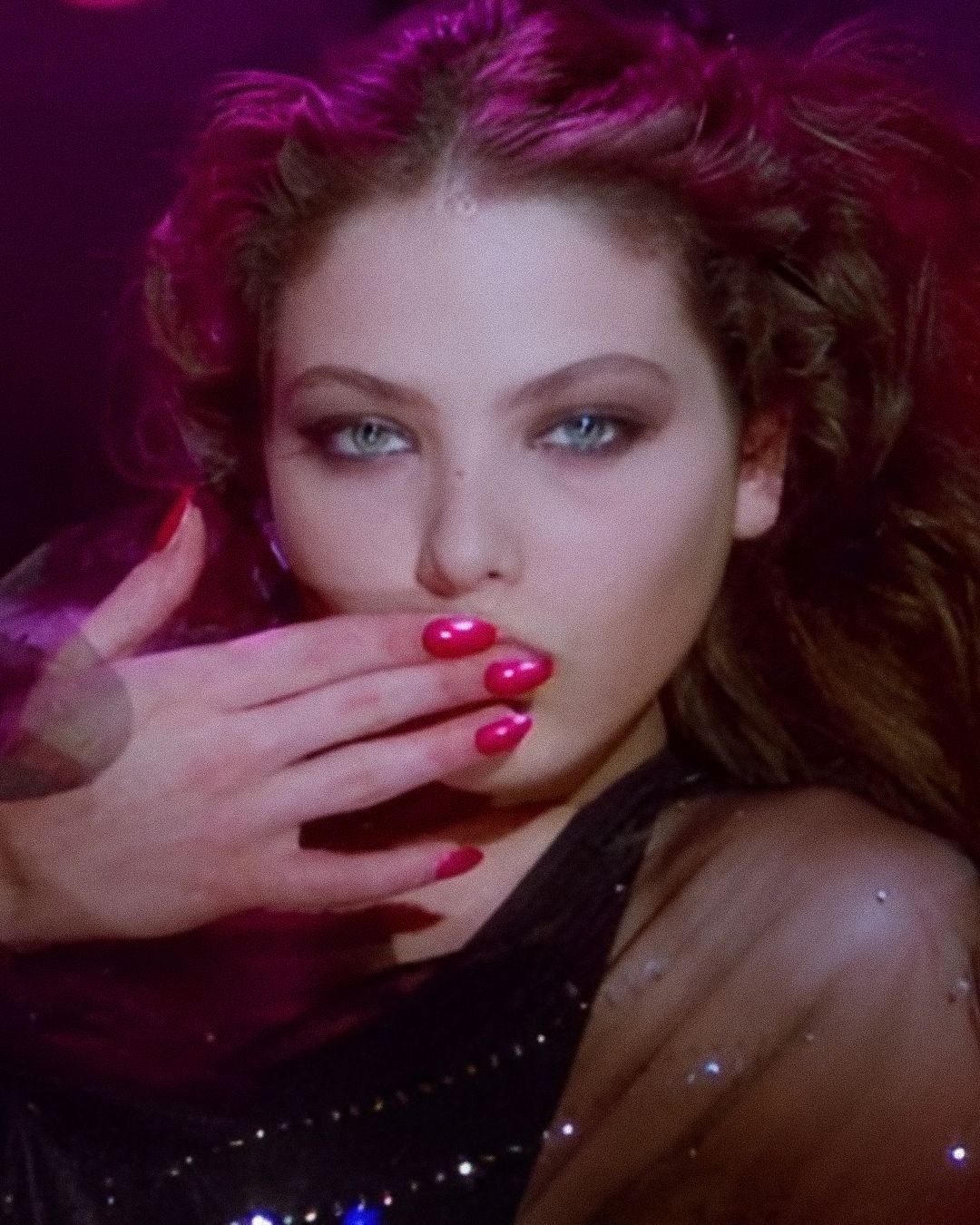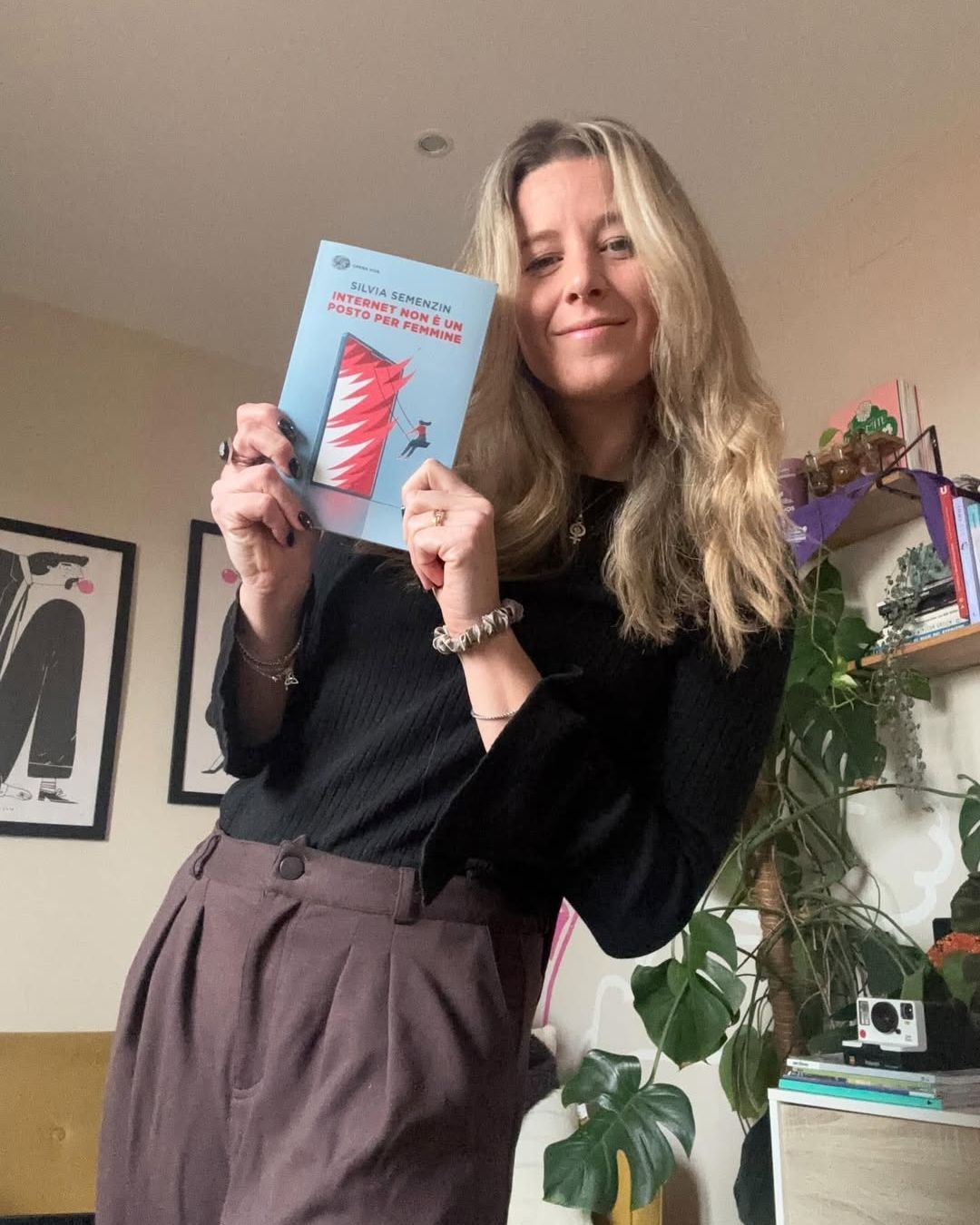
At the Oscars, did Barbie really deserve more? Many think so, but the matter is more layered than that
Finally, the nominations for the 2024 Oscars have been announced. In a year marked by significant achievements - from Barbie to Oppenheimer, including Poor Things and Anatomy of a Fall - it was predictable that many people would be dissatisfied. Perhaps, what was not expected was the sheer volume of discontent and how the online debate would transform into a three-headed monster within 24 hours, full of nuances and demands. What are the issues? Let's go in order. The most resonant concern seems to be about Barbie. Greta Gerwig's film has received 8 nominations, including Best Adapted Screenplay and Best Picture. However, there is no nomination for Margot Robbie as Best Leading Actress. In her place, Ryan Gosling and America Ferrera are nominated for Best Supporting Actor (and Best Song with I'm Just Ken) and Best Leading Actress, respectively. No nomination for Best Director either.
Oscar Nominations 2024: The Barbie Problem
Fans of the film, and there are many, see this snubbing of the two lead characters as a direct attack on the film's message, one of feminism accessible to all but also open protest against patriarchy, seen as obtuse and needing to be overcome, also through internal change. How is it possible that while watching a film about the world's most famous doll, her space-taking, awareness, and her painful but significant decision to become a real woman (with all the difficulties that entails, and they are many), they decided to ignore its lead actress and director? Memes are rampant, and so is indignation; social media users can't believe that the Oscars missed the mark so much. And neither can Ryan Gosling, who released a statement expressing honor but also dismay, thanking Gerwig and Robbie for fighting to bring this film to light and making history.
What If We Broaden the Perspective?
Protests are real and heartfelt, with a grain of truth. The Academy of Motion Picture Arts and Sciences (AMPAS), the institution awarding the most prestigious awards in Western cinema, has shown on several occasions to have an issue with products considered "popular" and "massive," and even more so with women. Although this year - for the first time - there are three films directed by women (out of 10) nominated in the Best Picture category, only 9 women have ever received a nomination for Best Director in the history of the awards. Joining Lina Wertmüller (1977), Jane Campion (1994 and 2022), Sofia Coppola (2004), Kathryn Bigelow (2010), Greta Gerwig (2018), Chloé Zhao (2021), and Emerald Fennel (2021) is Justine Triet this year (2024). Of them, only three have won: Kathryn Bigelow, Chloé Zhao, and Jane Campion. Every time, they were the only women in the category. The numbers speak for themselves.
Okay but hear me out: what if we nominated more than one woman at a time for Best Director https://t.co/4UysWUnMfF
— Julia Claire (@ohJuliatweets) January 23, 2024
Intersectional Feminism, White Feminism, and the Oscars
So, broadening the view, many users wonder if the problem is exactly Barbie. There's reflection on why it doesn't seem possible to nominate two women simultaneously as Best Directors, why Greta Lee didn't get a nomination as Best Actress, why the (historic) nomination of Lily Gladstone wasn't celebrated as it should have been. Some even suggest that the outrage over Barbie (which still received 8 nominations, not a small number) hides a predominantly white-centric approach to the issues of feminism and intersectionality. In addition to having a problem with women, the Oscars have another issue with minorities and diversity in general, even though this year it seems that the percentage of non-white individuals receiving a nomination has increased. Finally.
love to do a feminism by throwing other women under the bus pic.twitter.com/eXCRmTAHKs
— Logan Rees (@JLRees) January 23, 2024
They All Have a Point
In short, there are many issues, and the debates are endless. Should we focus on one thing at a time or embrace all the problems together? Is the interest in Barbie driven by the desire to feel part of something (and to make memes along with everyone else) or by genuine interest in feminist themes and feminism in the context of cinema? Probably both, with imbalances towards the first option, but that's the nature of social networks. Furthermore, would the Oscars' snubbing of a film with a non-white lead actress and director have generated the same kind of outrage? These questions, even if they may sound exaggerated and nitpicky, are valid, and we should ask them internally, to ourselves. What do we care about, and why? What do we prioritize, even in seemingly frivolous cases like these? The answers might surprise us.

























































